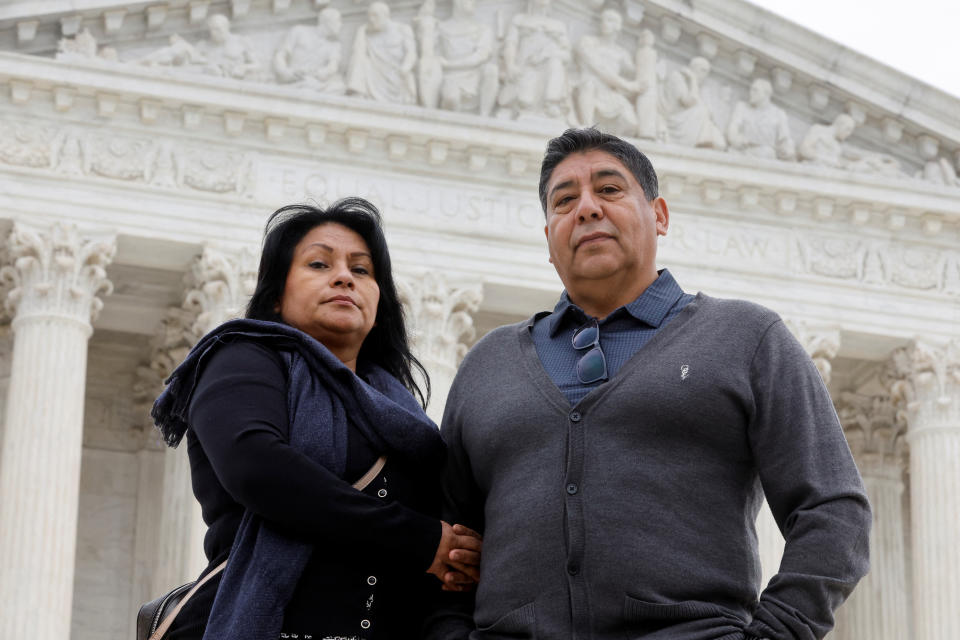Though politicians’ calls to ban TikTok appear to be gaining steam, Meta (META) and Google parent Alphabet (GOOG, GOOGL) appear to be safe from regulatory pressure this year, Needham analyst Laura Martin wrote this week.
Though we may hear regulatory noise tied to Alphabet this year, it’s unlikely there will be material risks to the company’s bottom line, according to Martin.
“Our top investment conclusion from our meetings in Washington, D.C. last week is that nothing bad will happen to Google on the legislative, regulatory or litigation fronts during 2023,” she wrote in the March 8 note. “Based on our conversations, we perceive that headline risks are bigger than substantive risks.”
However, that doesn’t mean there’s no chance something could go wrong for Google on the judicial front.
“The most urgent risk for Google is the current U.S. Supreme Court case called ‘Gonzalez v. Google,’ for which arguments were heard in February 2023,” Martin wrote. Section 230, a law that allows tech companies to moderate their platforms as they see fit, is at the center of that case. Still, Martin said that D.C. experts are confident Google will win the case, that legislators won’t act, and Section 230 will continue to stand.
“There was a consensus in D.C. that Section 230 legislation, which allows YouTube and Search to moderate content on their platforms however they see fit, will not get reformed (ie, or pass the House and Senate) during 2023, thereby retaining the status quo into next year,” she wrote.
‘Big is bad’
Meanwhile, Meta, despite its most recent standoff with the Federal Trade Commission (FTC), is also likely to be relatively safe from regulatory risks this year, Martin determined.
“Because its primary pursuer is the FTC, which is in disarray, Meta will be largely protected from regulatory harms in 2023,” she wrote, adding that she also expects the Department of Justice to be neutral on Meta after the two parties recently settled a case surrounding how housing advertisements work on the platform.
The FTC last year tried to block Facebook owner Meta’s acquisition of VR app Within, a battle the regulator lost. The company finally closed the deal in February, with financial terms undisclosed.
In part, DC may back off because Meta – which also owns Instagram and WhatsApp – simply isn’t as “big” of a target as it once was.
“Two separate D.C. experts believed that regulatory scrutiny of Meta had moderated because its share price has fallen,” Martin wrote. “Because ‘big is bad’ in DC, some DC insiders believe Meta should be more regulated at a $1T market cap than today’s $475B market cap. (This must be a lawyer’s view, because it makes no sense to us.)”
Allie Garfinkle is a Senior Tech Reporter at Yahoo Finance. Follow her on Twitter at @agarfinks and on LinkedIn.
Click here for the latest trending stock tickers of the Yahoo Finance platform.
Read the latest financial and business news from Yahoo Finance.
Download the Yahoo Finance app for Apple or Android.
Follow Yahoo Finance on Twitter, Facebook, Instagram, LinkedIn, and YouTube.











Add Comment